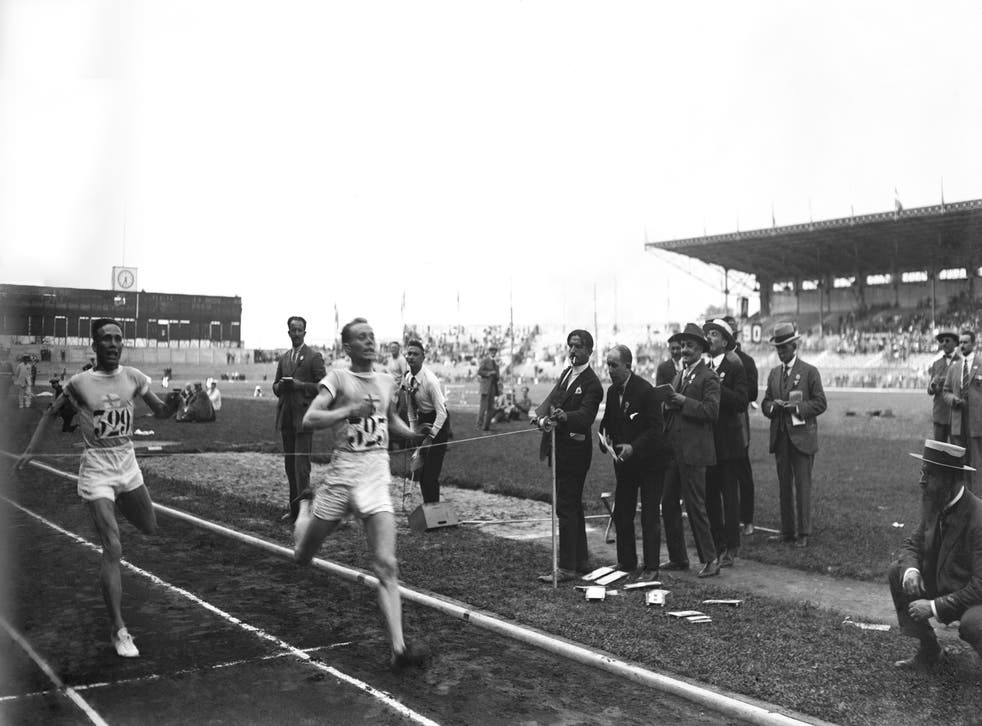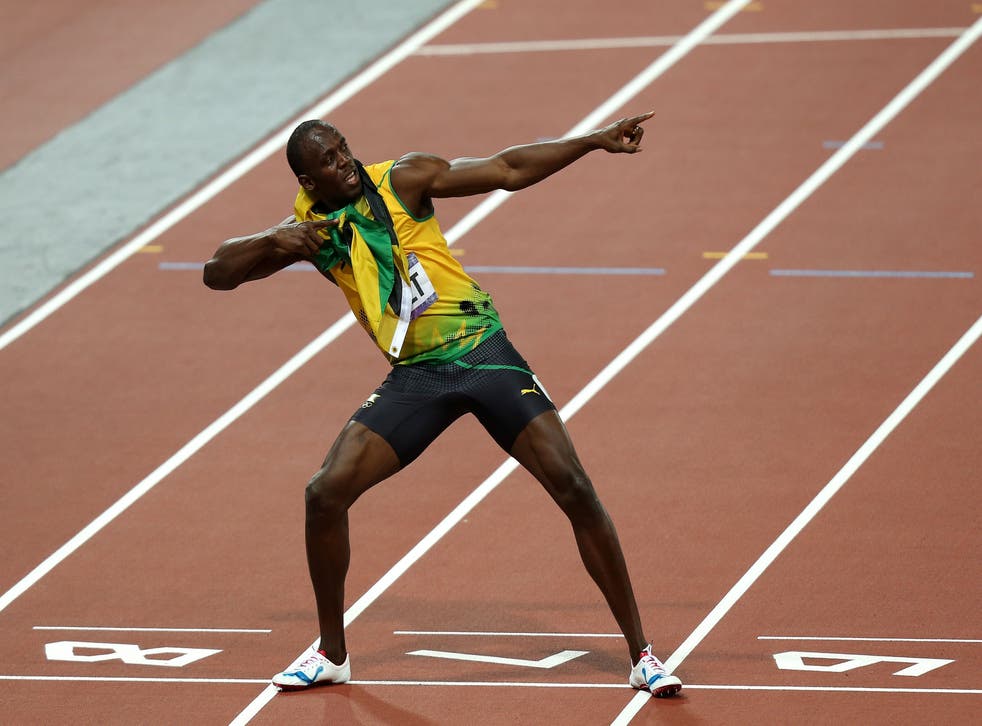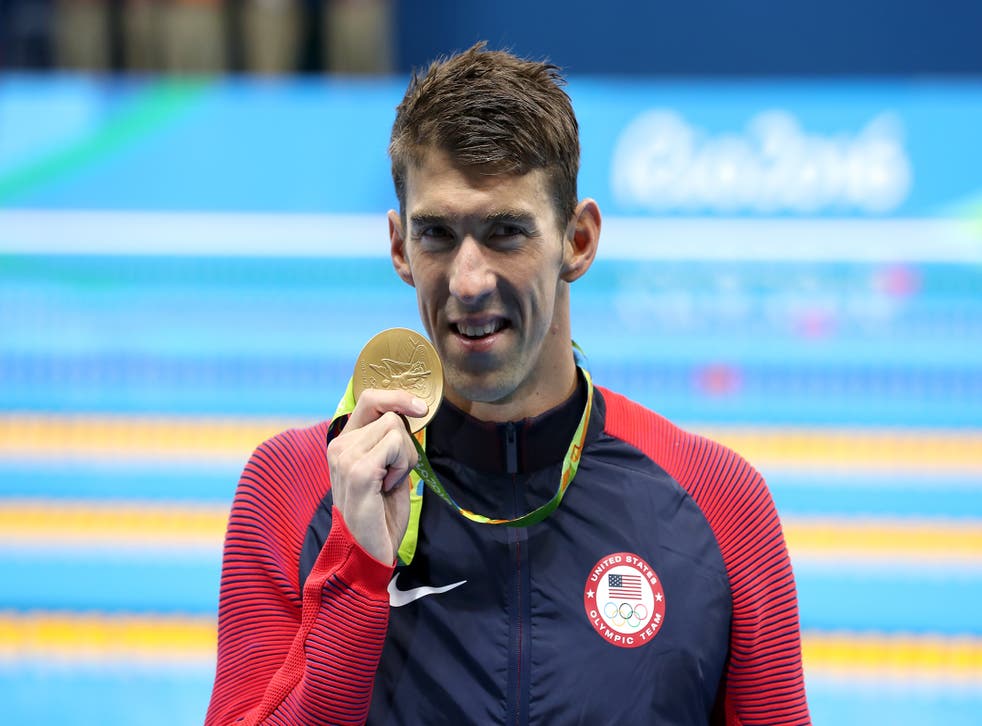Olympics 2021: Ranking the 10 greatest Olympians of all time
The Tokyo Games get underway later this month
Mark Staniforth
Wednesday 28 July 2021 03:21
comments

Tokyo 2020: Olympics to be held without spectators as Japan announces state of emergency
Some create singular seminal moments that ring down decades. Others leave their respective Games laden with armfuls of medals.
Fashioning such considerations into a coherent countdown of the greatest ever summer Olympians is an almost impossibly subjective task, but one, here, that PA Olympics Correspondent Mark Staniforth has attempted.
10. Jackie Joyner-Kersee
Arguably the greatest all-round female athlete, Joyner-Kersee proved utterly dominant in the heptathlon, in which she secured back-to-back gold medals in 1988 and 1992, and equally adept in the long jump, which she won in 1988. Further bronze medals in 1992 and 1996 brought a successful end to Joyner-Kersee’s illustrious career.
9. Florence Griffith-Joyner
Few outshone a single Olympics quite like the brashly-manicured ‘Flo-Jo’, who won gold in the 100m, 200m – the latter in a world record time of 21.34secs which still stands, along with her 100m mark, to this day – and relay. Her career increasingly tarnished by unsubstantiated drugs allegations, she died suddenly in her sleep in 1998 at the age of 38.
8. Paavo Nurmi

Paavo Nurmi of Finland winning the 5,000 metres
(PA Archive)
The irascible Finn remains the most dominant middle and long-distance runner in history, winner of nine golds and 12 medals in total between 1920 and 1928. Entirely dismissive of his rivals and his status as a national hero, Nurmi’s remarkable ability was underscored at the 1924 Games when he won both 1500m and 5,000m golds within a space of 90 minutes.
7. Mark Spitz
Having failed to live up to his own lofty expectations in 1968, Spitz returned to the Olympic pool four years later with renewed intent. In one of the most dominant passages in sports history, Spitz bagged seven gold medals – a mark that would stand for 16 years – and set seven world records in the process, before abruptly retiring at the age of 22.

Usain Bolt celebrates in London
(PA Archive)
Anointed by many as the saviour of a sport mired in drugs scandals and short on stardust, Bolt bestrode the sprint events, repeating his 100m and 200m victories through three Games, none more notable than his 9.69secs success in Beijing in 2008. The flamboyant Jamaican, complete with his famous ‘Lightning Bolt’ celebration, ended his career with eight gold medals to his name.
5. Carl Lewis
Before Bolt came the equally glamorous Lewis a long-time dominant force of track and field who defended his Olympic 100m title in 1984 and 1988 and also claimed four consecutive Olympic long-jump golds. Lewis – the beneficiary of Ben Johnson’s disqualification in Seoul – was subsequently forced to defend himself over the inadvertent use of banned stimulants.

A regular sight after a Michael Phelps race
(PA Archive)
The statistics say it all about Phelps, the most decorated Olympian in history with 28 medals, including 13 individual golds. His eight swimming gold medals in 2008 eclipsed the previous record of seven set by Spitz. Phelps won five more gold medals in Rio, bringing down the glittering curtain with a final victory in the men’s 4x100m medley relay.
3. Teofilo Stevenson
The Cuban heavyweight reigning supreme in the Olympic boxing ring, winning consecutive gold medals in 1972, 1976 and 1980. Claiming his devotion to Fidel Castro’s cause, Stevenson rejected all entreaties to turn professional and engage in a fight against Muhammad Ali. “What is a million dollars against eight million Cubans who love me?” asked Stevenson.
2. Nadia Comaneci
Others won more and reigned longer. But few if any attained sporting perfection quite like the Romanian 14-year-old, who was so good she broke the scoreboard. The first gymnast to score a perfect 10 (the scoreboard read 1.0) on the uneven bars in Montreal in 1976, Comaneci would win five gold medals in total, creating a remarkable legacy before she was even out of her teens.
Like Comaneci, Owens may not boast the medal haul of many of his track-and-field successors. But the African-American’s four golds – including two world records – in front of Hitler in 1936 carry the weight of so many more. Owens stood up to racism and persecution in the most indefatigable fashion, and for that he richly deserves the accolade of the greatest Olympian of all time.
|